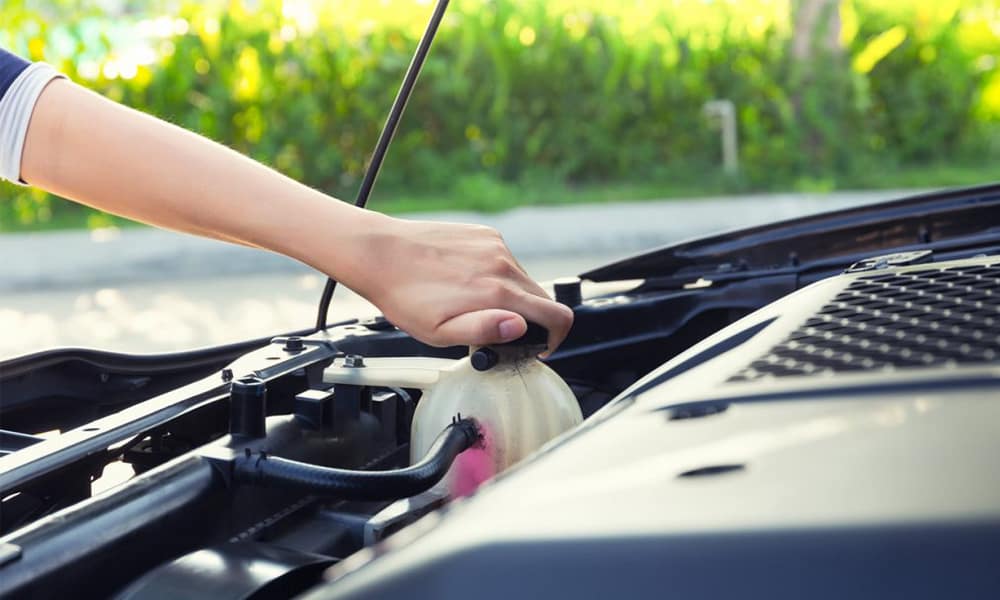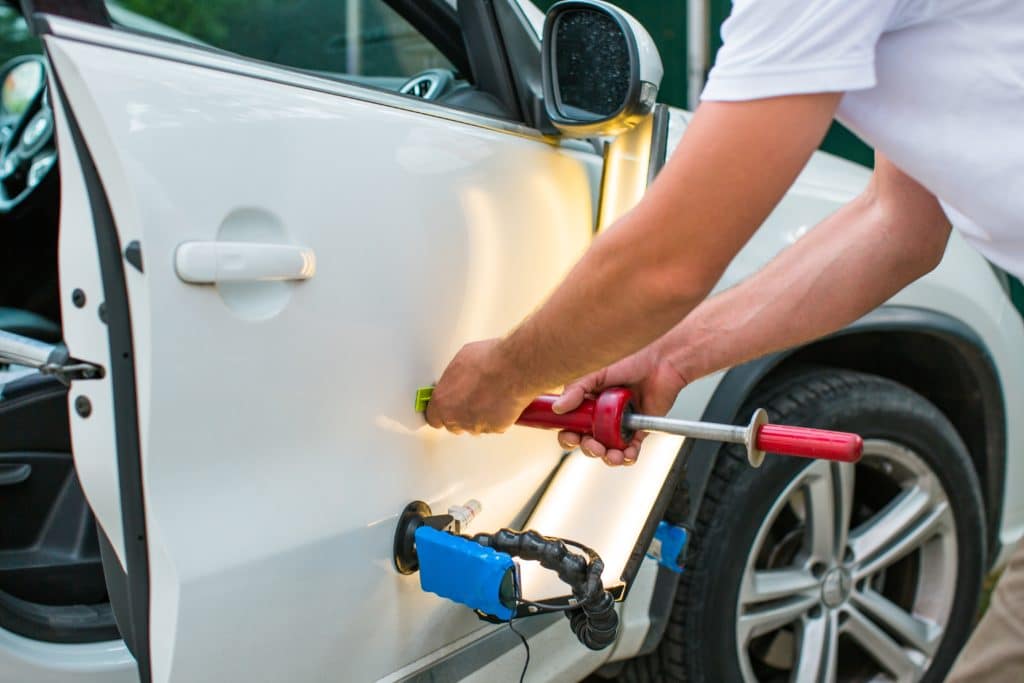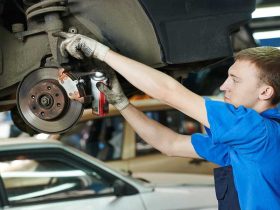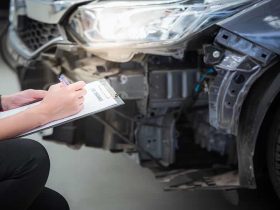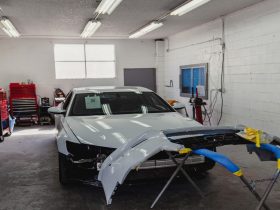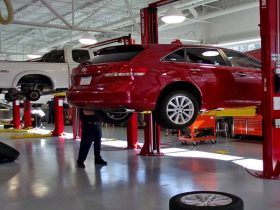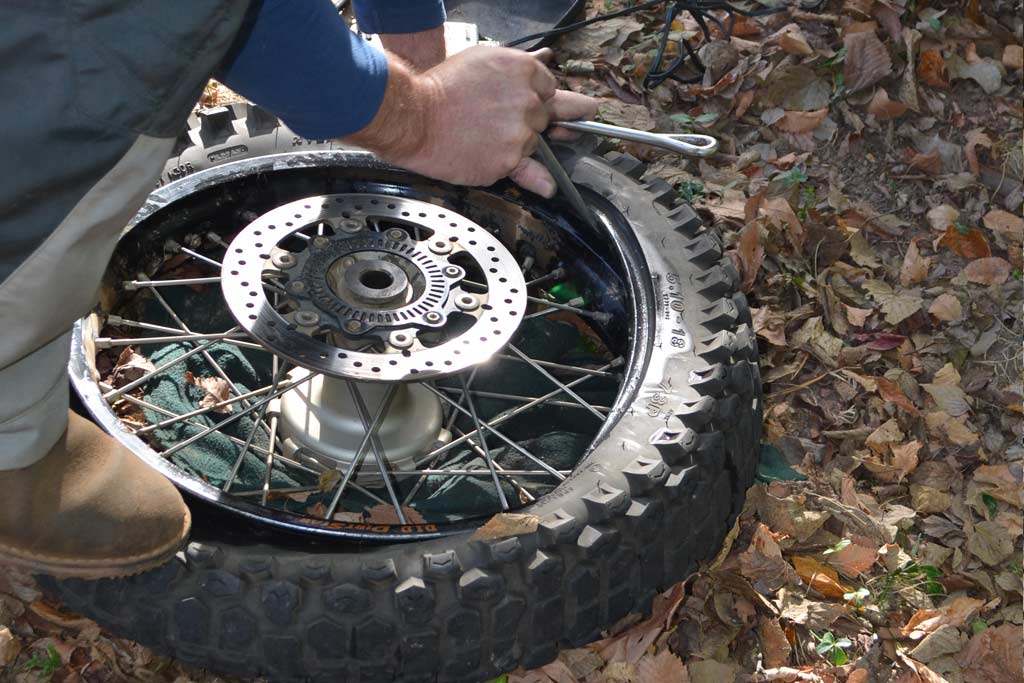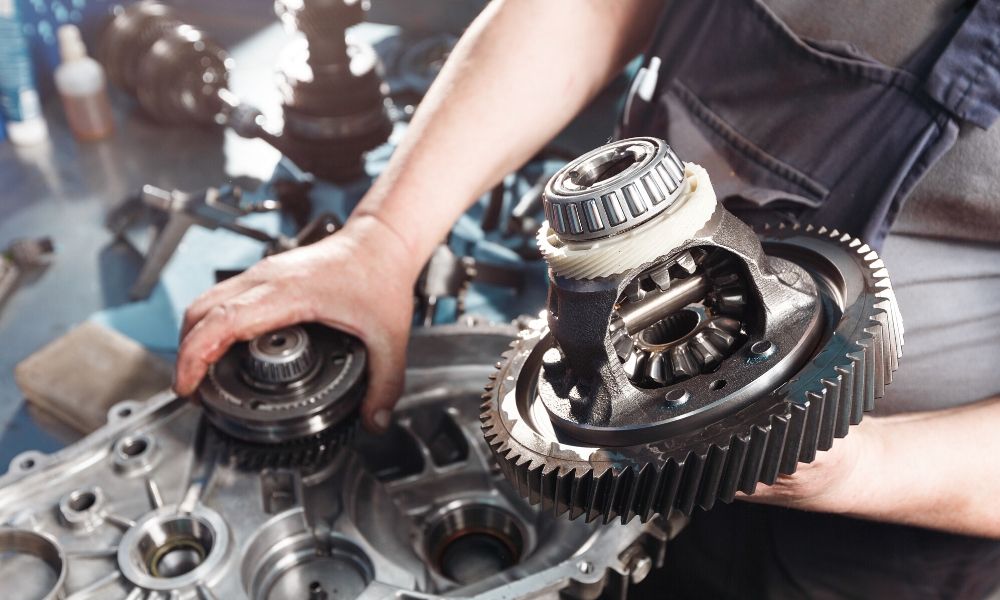Overheating is a common problem that many vehicle owners face. It can be caused by a variety of factors such as a malfunctioning cooling system, a leaking radiator, a broken water pump, or simply driving in hot weather for extended periods. Regardless of the cause, it’s important to address the issue immediately to prevent serious damage to your vehicle’s engine.
Here are some steps you can take to handle overheating issues in your vehicle:
-
- 1. Turn off your vehicle and let it cool down:
The first thing you should do when you notice your vehicle is overheating is to pull over and turn off the engine. This will allow the engine to cool down and prevent any further damage.
-
- 2. Check the coolant level:
Once the engine has cooled down, you should check the coolant level. Make sure it’s at the appropriate level and add more if needed. If the coolant level is low, it could be a sign of a leak in the system.
-
- 3. Check for leaks:
If you notice that the coolant level is low, you should check for leaks in the cooling system. Look for any signs of coolant on the ground or under the vehicle. If you can’t find any leaks, it’s possible that the coolant is evaporating due to a faulty radiator cap.
-
- 4. Check the radiator fan:
The radiator fan helps to cool the engine by blowing air over the radiator. If the fan isn’t working properly, it could cause the engine to overheat. Check to see if the fan is running when the engine is hot. If it’s not, it may need to be replaced.
-
- 5. Check the water pump:
The water pump is responsible for circulating the coolant throughout the engine. If it’s not working properly, the engine can overheat. Check to see if the water pump is leaking or making any unusual noises. If it is, it may need to be replaced.
-
- 6. Check the thermostat:
The thermostat regulates the engine’s temperature by opening and closing as needed. If it’s not working properly, it can cause the engine to overheat. Check to see if the thermostat is stuck closed. If it is, it may need to be replaced.
-
- 7. Drive to a mechanic:
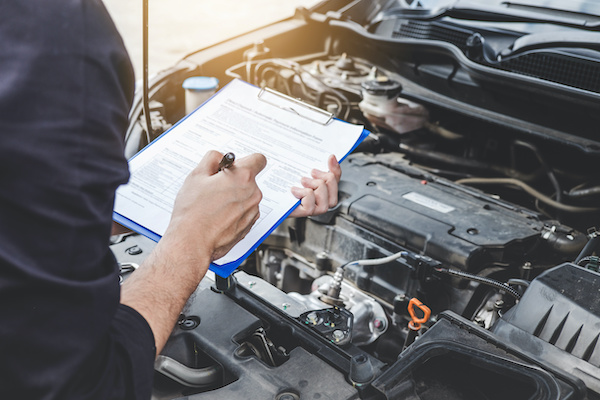
If you’ve checked all of the above and the problem persists, it’s time to take your vehicle to a mechanic. They will be able to diagnose the issue and make any necessary repairs.
It’s important to address overheating issues in your vehicle as soon as possible to prevent serious damage to the engine. By following these steps, you can identify the cause of the overheating and take the necessary steps to fix it. Remember to always be cautious when handling a hot engine and to never attempt to drive a vehicle that is overheating.

